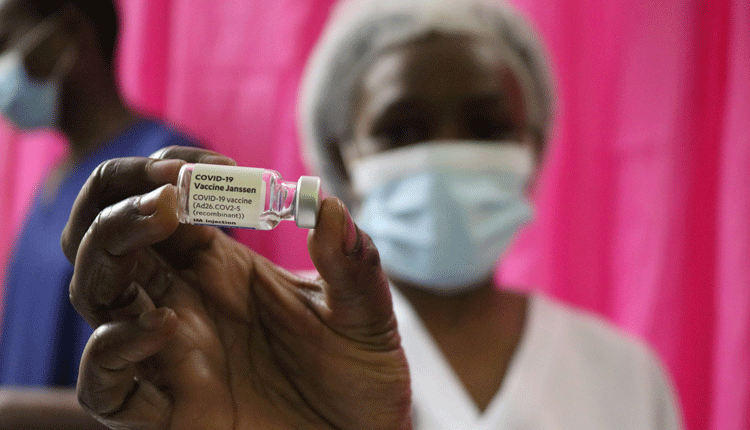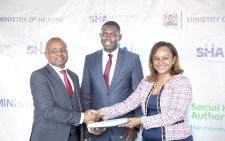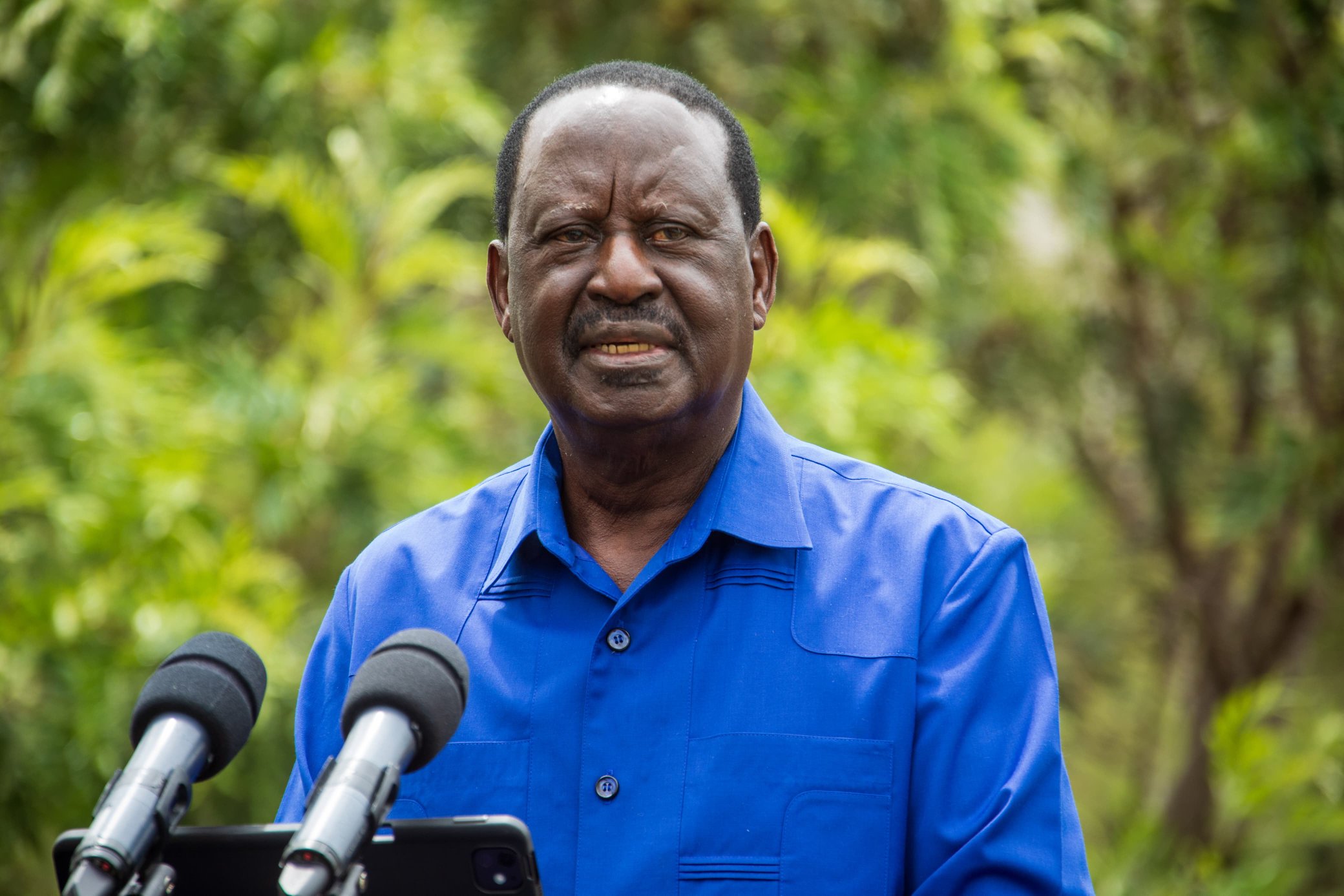Why J&J doses could be restricted to marginalised populations

The government is considering restricting the Johnson & Johnson vaccine to the marginalised populations and migrant communities in the country.
It emerged yesterday that the State is toying with a delicate balancing act on how to distribute among Kenyans, the doses that are already half of what it received 11 days ago.
The revelation comes as the Ministry of Health announced last week that it may be forced to prioritise the J&J vaccine for persons with travel emergencies especially those seeking treatment abroad.
Making the announcement yesterday, Health Chief Administrative Secretary (CAS) Dr Mercy Mwangangi acknowledged that the demand for the J&J vaccine has forced the government to restrict its distribution, given the limited number of available doses.
“J&J is a special vaccine. We are encountering huge demand for the single dose vaccine,” she said.
On September 4, Kenya received the first consignment of 141,600 doses of the vaccine, out of which the government gave the private sector half and remained with the res, to be shared with other interest groups.
“We are considering it being allocated to perhaps migrant communities, or distant communities where people may have challenges coming back for a second dose,” said Mwangangi.
The country has so far received 5.4 million vaccine doses for Covid-19 and about 829,000 people have received their second doses.
The ministry is tracking over 80,000 people who have skipped their second Covid-19 doses through the digital, M-Chanjo system-this follows appeals through the media to turn up for the final jab.
“We are even toying with the idea of rationing the J&J jabs. This is important to avoid chances of encountering issues to do with expiry.
I have been receiving calls of people asking for the J&J vaccine,” she added .
The Kenya Private Sector Alliance (Kepsa), has exclusively accessed the J&J because they contributed to its purchase.
The first phase of the private sector led vaccination will be conducted in seven hospitals approved by the Ministry.
The seven private hospitals are Avenue, Gertrude’s Children’s, Meridian, MP Shah, Metropolitan, Karen and Nairobi Women’s Hospital.
According to Kepsa, the vaccinations – that kicked off on Monday this week – will take place on different days up to October 8.
“All persons being vaccinated must bring their National ID or Passport to the vaccination venues.
A second registration may be required by some hospitals through their tracking portals, and we urge all our members to ensure their staff and dependents register using the online links that have been provided,” said Carole Kariuki, Kepsa Chief Executive Officer.
An anticipated 60,407 doses are expected to be administered at designated business premises of Kepsa member organisations. Grouped per hospital for efficient logistics, some of the 263 participating Kepsa member organisations who will host the vaccinations over the next four weeks include I&M Bank, Simba Corporation, Ushuru Pension, Deloitte, CarePay and ICEA Lion.











